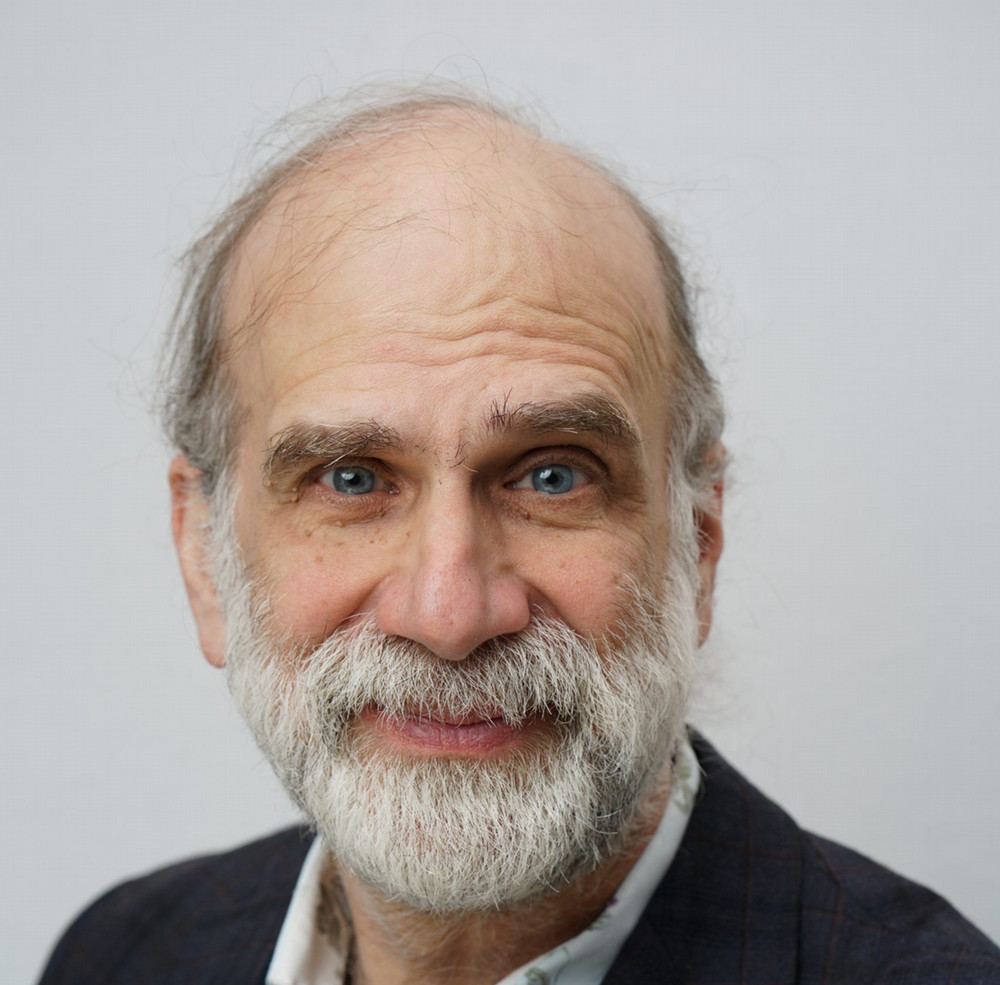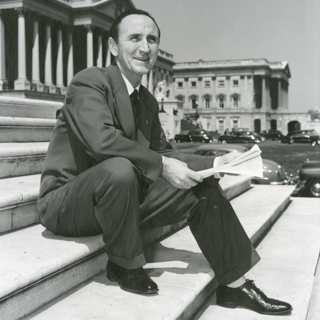Reimagining Democracy in the Age of AI
AI is altering the fundamental work of democracy globally: campaigning, voting, writing legislation, enforcing policy, how courts are run, and more. Many of the changes will make democracies more responsive to the will of the people, involve citizens ever more deeply in governance, and could make aspects of our society more just, if we begin the conversation now to create secure and trusted AI systems.
This Dialogue is Available In-Person and Via Zoom.
Bozeman: Thursday, July 18, 6:30 pm MDT, Bozeman Public Library, 626 East Main Street.
Speaker Bruce Schneier

Bruce Schneier is an internationally renowned security technologist, called a “security guru” by The Economist. He is the author of over one dozen books as well as hundreds of articles, essays, and academic papers.
Schneier’s latest book, A Hacker’s Mind, encourages readers to apply the hacker mentality to our various social, political, economic, and legal systems. Schneier’s work on the book sparked deeper thinking about the suitability of our centuries-old democratic processes and institutions and whether they were still up to the task in our ever-increasing polarized and fractured political climate.
“Democracy has been hacked, mostly for the worse,” Schneier notes. “Our democracy in the United States is really just not suited to the task anymore.” Schneier examines what a new American democracy look like in the age of AI.
“We need to set about building newer, more resilient democratic systems that are better suited for our current technology,” he says. “We aren’t talking about democracy 2.0 or 3.0, we’re looking well ahead to 6.0 and 7.0” says Schneier.
His influential newsletter “Crypto-Gram” and his blog “Schneier on Security” are read by over 250,000 people. He has testified before Congress, is a frequent guest on television and radio, has served on several government committees, and is regularly quoted in the press. Schneier is a fellow at the Berkman Klein Center for Internet & Society at Harvard University; a Lecturer in Public Policy at the Harvard Kennedy School; a board member of the Electronic Frontier Foundation and AccessNow; and an Advisory Board Member of the Electronic Privacy Information Center and VerifiedVoting.org. He is the Chief of Security Architecture at Inrupt, Inc.
